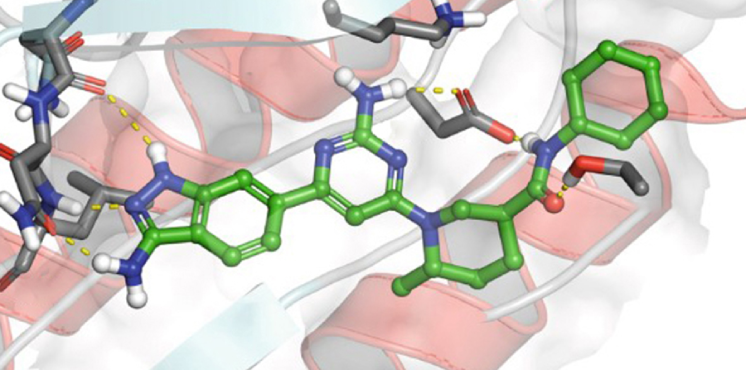Stimulating Peripheral Activity to Relieve Conditions (SPARC)
We provide program management and administrative support for Stimulating Peripheral Activity to Relieve Conditions, a Common Fund program.
About SPARC
SPARC focuses on understanding peripheral nerves — nerves that connect the brain and spinal cord to the rest of the body — and how their electrical signals control internal organ function. Modulation of these electrical control signals could be a powerful way to treat such common conditions and diseases as rheumatoid arthritis and heart failure. Methods and medical devices that modulate peripheral nerve activity are becoming available, but more research is needed to fully understand how these therapies act on a target organ’s cells. Such understanding could help explain why a therapy might be effective in one individual but not in another and could potentially resolve the issue, which can make these therapies more effective.
SPARC Program Goals
SPARC-funded investigators are working collectively as a consortium to address the program’s aims and goals via:
- Biological projects to develop detailed anatomical and functional maps that illustrate how peripheral nerves control organ function
- Technology development projects to create or improve tools to measure and manipulate nerve-organ interactions and isolate their functions
- Partnerships between private-sector scientists and academic researchers, to speed the development of new therapeutic strategies
- Expertise from many different sources, including academic laboratories, independent inventors, start-ups, small and large businesses, and international organizations
- SPARC program–developed data and tools shared through a central online resource
To achieve these goals, NIH envisions a consortium tasked with managing these four components:
- Anatomical and Functional Mapping of the Innervation of Major Organs
- Next-Generation Tools and Technologies
- Translational Partnerships for Human Functional Mapping and New Indications
- Data and Resource Center
An NIH-Wide Initiative
SPARC is funded through the NIH Common Fund and managed by the NIH Office of the Director in partnership with NCATS, the National Institute of Biomedical Imaging and Bioengineering, the National Institute of Diabetes and Digestive and Kidney Diseases, and the National Institute of Neurological Disorders and Stroke.
Our role in this effort is to provide program management and administrative support, along with expertise in enabling industry collaborations. We help the NIH Common Fund administer the awards for SPARC projects that use the Other Transaction funding mechanism. We also provide programmatic management for awards under the Translational Partnerships component.
Template agreements with several device manufacturers have made those companies’ neuromodulation technology (i.e., implantable devices with recording and/or stimulation capabilities) available to SPARC investigators. The aim is to promote preclinical development of these technologies, in support of an Investigational Device Exemption submission to the U.S. Food and Drug Administration (FDA) for a future pilot clinical study. These pilot clinical studies are designed to provide the initial proof-of-concept demonstrations in humans to spur the further studies needed for pursuit of FDA approval as a labeled indication.
NCATS-Administered SPARC Projects

Find awarded projects via NIH Research Portfolio Online Reporting Tools (RePORT).
NIH Common Fund Programs

Extracellular RNA Communication
We participate in the NIH Common Fund’s program to investigate this new scientific field.

Illuminating the Druggable Genome
We help lead this NIH Common Fund program to study and generate resources on key targets for new therapeutic agents.

Somatic Cell Genome Editing
We help lead this NIH Common Fund program that aims to create and make available high-quality tools for safe and effective genome editing in people.



